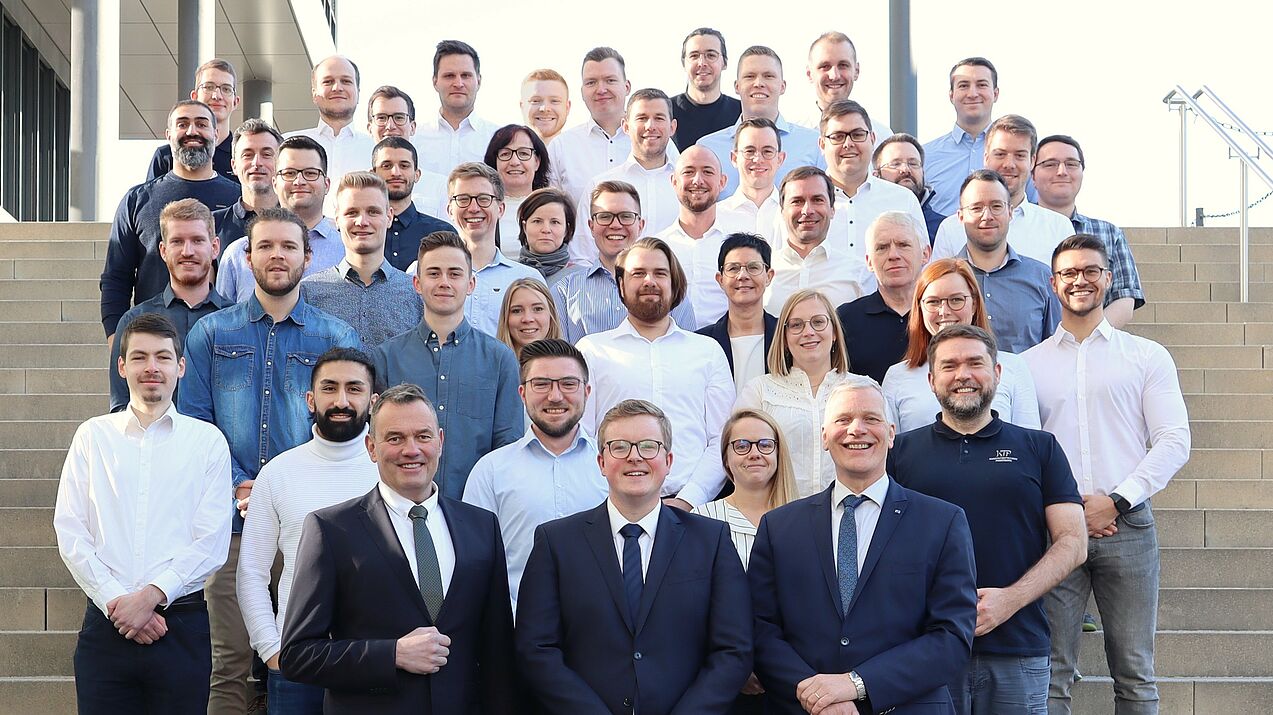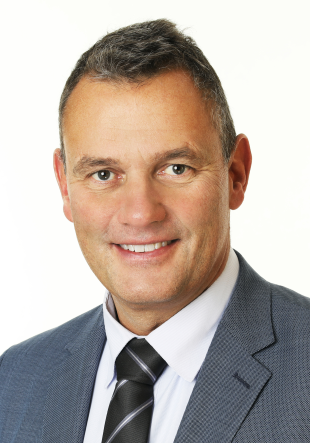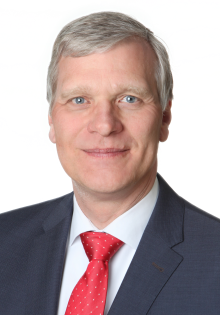KTP - Plastics Technology Paderborn

For almost 30 years now, Kunststofftechnik Paderborn (KTP) has stood for successful research and development of processing methods in the field of plastics. Research and development at KTP revolves around polymers as innovative materials that are becoming increasingly important in modern mechanical engineering, especially in the automotive industry, and are displacing traditional materials from their areas of application.
Read more on the specialist group's page.
Methodical competence
- Material analysis (various test methods)
- Determination of characteristic values for processing
- Process analysis and development (injection moulding, extrusion, plastics joining technology)
- Modelling
- Simulation
- Software development
Topics
Processing
- Injection moulding processes: including gas injection moulding, 2-component injection moulding, injection moulding of fibre-reinforced plastics, injection moulding of hybrid polymer support structures
- Extrusion processes: including single-screw extrusion, twin-screw extrusion, compounding, film extrusion
- Forming of thermoplastic semi-finished products
- Inline production of hybrid systems/hybrid semi-finished products
Joining technology
- Plastic welding processes, e.g. welding of add-on parts to thermoplastic hybrid systems
- Plastic bonding technology, e.g. joining metal and hybrid systems (thermoplastic and/or duromer)
- Mechanical joining techniques, e.g. screw-in blind rivets
Materials and component testing, simulation
- Development and application of simulation software for plastics processing, e.g. "REX - computer-aided extruder design", "SIGMA - simulation of co-rotating twin-screw machines", "PAM - Paderborn material database".
- Testing and analysis of materials and components, including mechanical tests, DSC, TMA, microscopy, computer tomography


